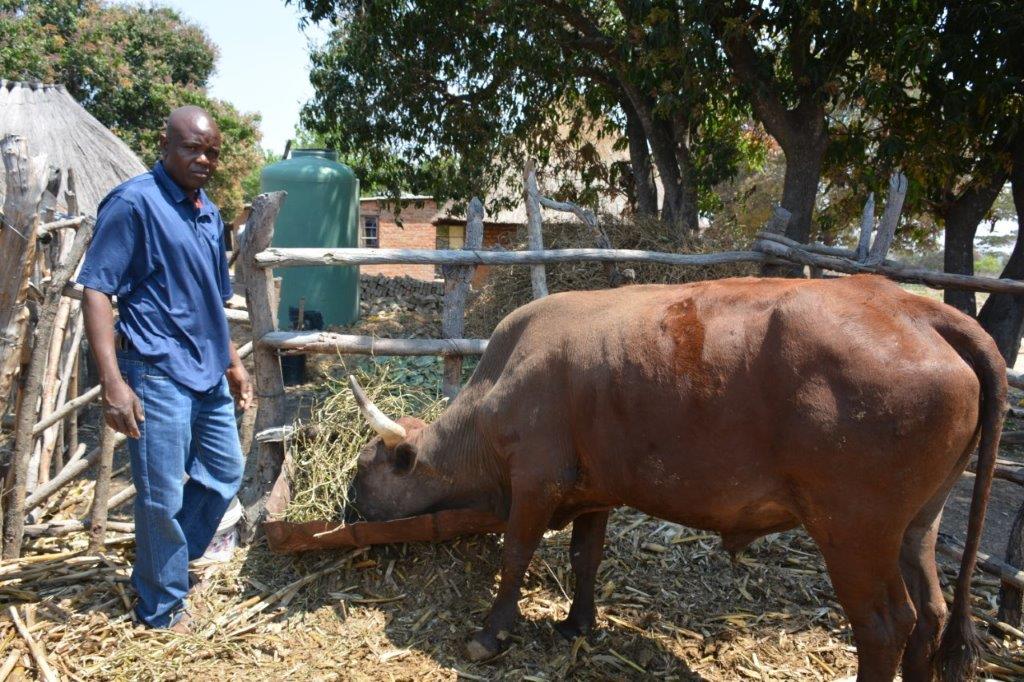Over 170 000 farmers have benefitted from an innovative research for development project which focuses on small scale mixed crop and livestock meant to improve their food and nutritional security.
The project which was begun in 2012 brings new innovative ways to farming and has already resulted in improved nutrition and an ending to perennial challenges of food deficits.
Sikhalazo Dube the Project’s Coordinator applauded the benefits reaped so far.
“Most rural people in Zimbabwe depend on crop-livestock farming. They grow maize, other cereals and legumes and raise goats and beef or dairy cattle.
“When the project started, in 2012, food deficits were commonplace and opportunities for generating incomes were limited in rural areas,”
“Better integration of crop and livestock production and improved market functioning has led to increased agricultural production, which in turn has improved food security, increased incomes, and enhanced the resilience of communities most vulnerable to food insecurity in rural Zimbabwe,” added Dube who is also the Southern Africa regional representative for the International Livestock Research Institute (ILRI).
According to the project brief “livestock feed production for subsistence and commercial production has since improved through increased use of forage legumes (lablab/mucuna) and higher quality residues (e.g. groundnut stover, fertilized maize).
“In pen-feeding demonstrations, the net-profit for beef production increased by 7–10% when farmers used mucuna-based supplements. This generated bigger incomes from livestock sales.
“Participating farmers who employed conservation agriculture methods and practiced rotations of cereals and legumes reported that they improved their household food security’.
Information about the project, which is funded by the Australian Aid Program through the Australian Centre for International Agricultural Research (ACIAR), ‘all the years of this project, these farmers’ crop fields yielded higher gross margins than conventional plots, where the crops were not rotated’.
The project is in line with the government’s ZimAsset policy in support of food security and sustainability which has seen positive results this year after some good rains.
Food security has remained a challenge in southern Africa region due to climate change effects such as droughts and floods.
Suzanne McCourt, the Ambassador of Australia to Zimbabwe said agriculture is the centre of life and economies in Africa, including Zimbabwe. As the climate becomes increasingly variable, new climate-smart agriculture methods and crops need to be adopted.
Simon Madhovi a smallholder farmer from Murehwa ward 28 said he had challenges in paying school fees for his children in the past but since the Zimbabwe Integrating crop and livestock production for improved food security and livelihood his life has changed he is now able to provide for his family.
The project is a partnership between CIMMTY and International livestock Research Institute (ILRI).
